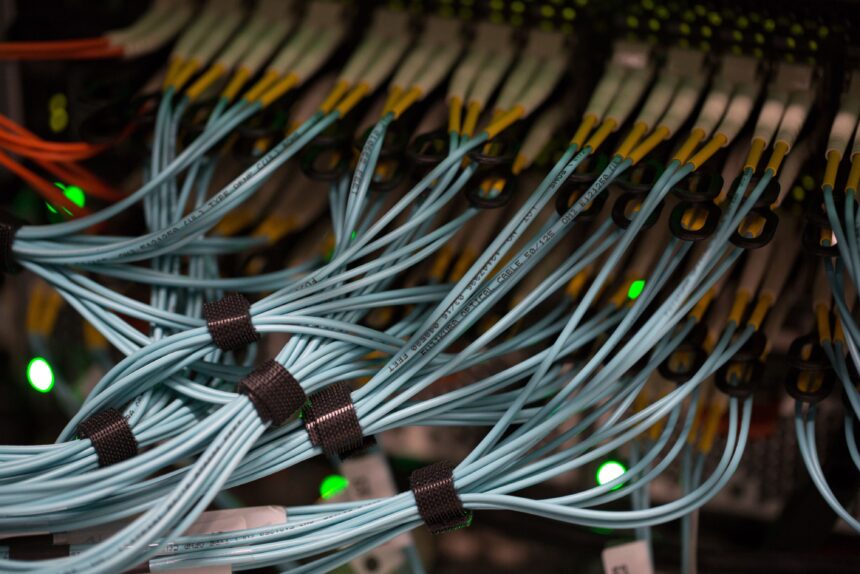(Bloomberg) — China aims to grow the country’s computing power by more than a third in less than three years, a move set to benefit local suppliers and boost technology self-reliance as US sanctions pressure domestic industry.
The world’s second-largest economy is targeting more than 300 exaflops of computing capacity across its tech sector by 2025 from 220 this year, according to a joint statement from several agencies including the Ministry of Industry and Information Technology. The goal marks Beijing’s latest attempt to construct digital infrastructure to spur a sluggish economy.
China also plans to build an additional 20 smart computing centers in two years. Bigger optical networks and more advanced data storage will be installed in the years until 2025, the regulators said. The additional computational power will support manufacturing, education, finance, transportation, healthcare and energy, they added.
“China plans to strengthen the synergy in the industry and safeguard the supply chain by developing controllable solutions and encouraging the use of home-grown, reliable software,” the statement read.
Supply chain security is a key aspect of that infrastructure build-up, the agencies emphasized.
The US has clamped down on exports of high-end products to China including advanced chips from Nvidia Corp., critical in training AI models. The Asian country is now pushing the adoption of home-made IT products from operating systems to memory chips as the tech conflict forces Beijing to target an American-free supply chain.
US-blacklisted Huawei Technologies and Semiconductor Manufacturing International are among the most active in advancing local technology. The pair have succeeded in developing a sophisticated chip for Huawei’s latest smartphones, galvanizing that overall endeavor and raising questions about the effectiveness of Washington’s curbs on China.




